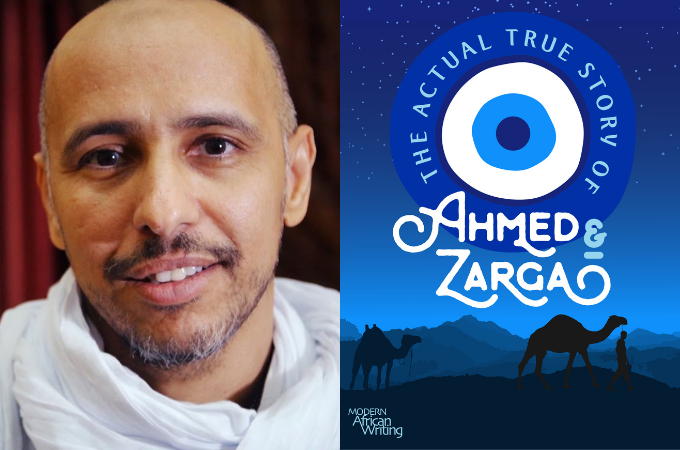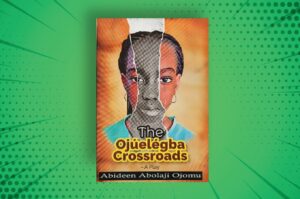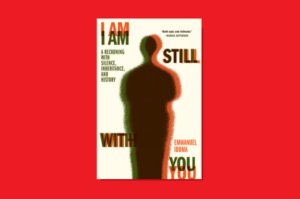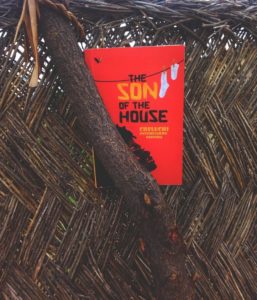
The Actual True Story of Ahmed and Zarga tells the story of a Bedouin nomad named Ahmed Ould Abdallahi. If the unnamed narrator is to be believed, Ahmed is a descendant of Scheherazade. Ahmed also comes from a long line of camel herders. Zarga, a camel in Ahmed’s herd, has been a part of his life since childhood and shares bonds with the family that go back generations. When Zarga strays from the herd and loses his way in the Sahara Desert, Ahmed undertakes a life-changing journey to find him.
In The Actual True Story of Ahmed and Zarga, Mohamedou Ould Slahi does this thing that African writers have always been particularly good at doing. He makes space within his fictional world for animals to demonstrate their individuality and their own power to shape existence. We have seen some powerful examples of this tradition in recent years. Nnedi Okorafor’s Lagoon presents animals as the future of an ecological utopia. In Zoo City, Lauren Beukes re-imagines the African city as a post-pandemic world of animal outlaws. Alain Mabanckou’s Memoirs of a Porcupine is an exploration of the deepest, darkest undercurrents of the human mind through the lens of an animal spirit double. There are also the bees in Yamen Manai’s The Ardent Swarm and the mosquitoes in Namwali Serpell’s The Old Drift. The Actual True Story of Ahmed and Zarga is the latest in this long tradition of African fiction about multi-species worlds centered on the lives of animals.
The novel’s plot develops around Zarga’s disappearance. Ahmed is devastated. His family are camel herders and have been that way for generations. This comes with intimate knowledge about these animals, their attitudes, desires, taste, emotional states, habits, and even their dreams. “For Ahmed, love for the nobility of camels was in his blood.” He believes that camels have language, feelings, that they can suffer depression and feel shame, and that they, in fact, do smile. Animals are so central to Ahmed’s sense of the world that he defines the apocalypse as a world without animals: “when all the animals would die and only humans would be left to fight and kill themselves.”
Slahi captures the powerful bond between Ahmed and Zarga by weaving poetry with folklore to create a spiritually resonant tale in which love transcends the human-animal divide. During his search for Zarga in the Sahara, Ahmed experiences extreme hardship. He falls into a den of cannibals. He is attacked by dangerous animals. At some point, he comes very close to losing everything, even his life. Why undergo all that suffering for a mere beast of burden? The beauty and mystery of the novel hangs on this question, which Slahi uses to challenge assumptions about how we define the value of animal life. It is quite remarkable how Slahi dips into folklore, Mauritanian poetry, Islamic thought, and Bedouin culture to paint a powerful image of what it means for humans to share the world with non-human life forms.
The Actual True Story of Ahmed and Zarga was drafted while Slahi was being held at the Guantanamo Bay Detention Camp. It is one of four manuscripts he drafted during the 14-year period. One of the other manuscripts is his bestselling memoir Guantanamo Diary published in 2015. The memoir, which was recently adapted to a movie titled The Mauritanian, is a moving account of Slahi’s harrowing experience with censorship and abuse in detention. With this novel, Slahi writes with the same emotional depth and urgency. He presents the realities of being pushed to the limit of human suffering. Ahmed has to fight for his life against the violence of an unforgiving desert, which Slahi represents in all its grim and mysterious wildness. But there is also triumph because as frightful as the desert might be, it cannot withstand a man’s unwavering love for an animal he counts as friend.
The Actual True Story of Ahmed and Zarga is a heartwarming, deeply moving, and wondrous story. It reminds us that African fiction is built on a worldview in which life is not a supremely human construct but a right to which other entities like sprits, ancestors, plants and certainly animals lay claim.
************
Book Notes
- Ohio University Press
- Pub Date: February 23, 2021
- Language : English
- Paperback : 176 pages
Buy The Actual True Story of Ahmed and Zarga The Bookshop | Amazon








COMMENTS -
Reader Interactions